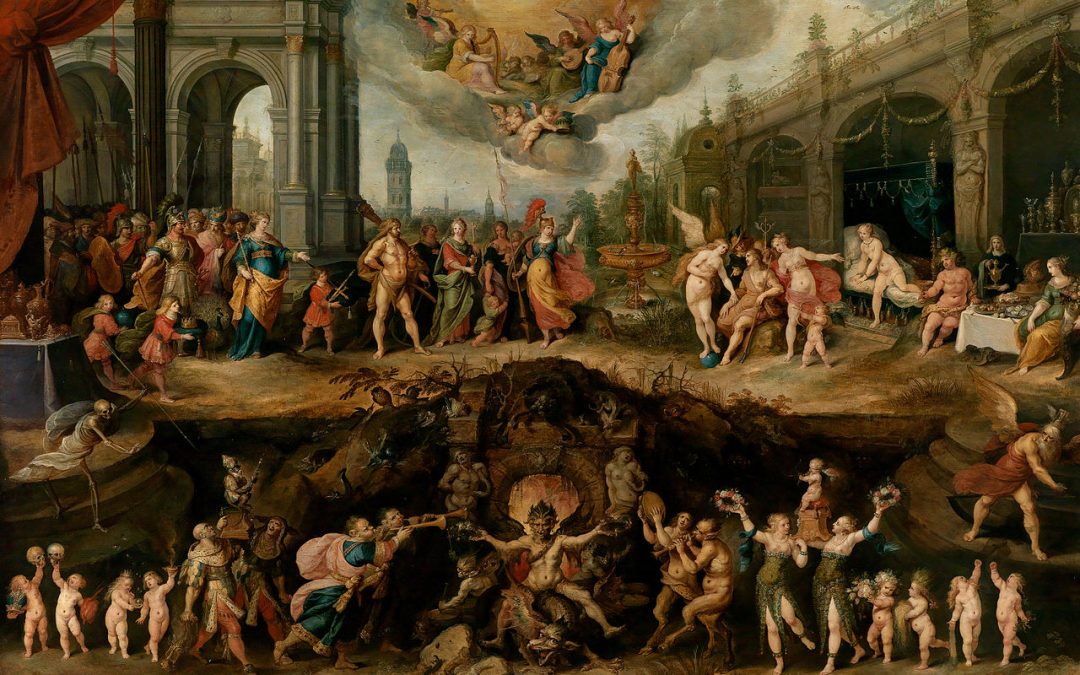The growing legalization and normalization of recreational drugs—especially marijuana—has raised serious questions for Christians. Among them: “Is recreational drug use any different from moderate alcohol consumption? Should Christians feel free to partake?” At first glance, the comparison might seem fair. But a deeper look reveals critical distinctions.
What Does the Bible Say About Substances?
While the Bible does not directly address modern drugs like marijuana or LSD, it does give us timeless principles that apply:
- Sobriety is commanded:
“Be sober-minded; be watchful. Your adversary the devil prowls around like a roaring lion…” (1 Peter 5:8)
“Let us be self-controlled, putting on faith and love as a breastplate…” (1 Thessalonians 5:8) - The body is God’s temple:
“Do you not know that your body is a temple of the Holy Spirit within you…?” (1 Corinthians 6:19) - Avoid anything that hinders love, self-control, and clarity:
“All things are lawful for me, but not all things are helpful… I will not be enslaved by anything.” (1 Corinthians 6:12)
How Are Drugs Different from Alcohol?
Some argue: “If Christians can have a glass of wine, why not a hit of weed?” But this reasoning misses key differences.
1. Purpose and Effect
- Alcohol, in moderation, may be consumed socially or ceremonially without intoxication (e.g., at weddings, communion, or meals).
- Most recreational drugs are used for the purpose of altering consciousness—to feel high, euphoric, or detached.
- The effect of most drugs is immediate mind alteration, not relaxation or refreshment.
2. Control and Sobriety
- A glass of wine may not impair your judgment; a joint or edible often does.
- Drugs commonly reduce inhibitions and distort reality—a dangerous mix for spiritual alertness and moral clarity.
3. Biblical Parallels to Sorcery
- As explained in other contexts, the New Testament Greek word for “sorcery” is pharmakeia—from which we get “pharmacy.”
- In biblical times, potions and drugs were often used in spiritual rebellion, occult rituals, or emotional escapism.
- This link suggests a spiritual concern with substances that alter the mind unnaturally.
What About Freedom in Christ?
Yes, Christians are free in Christ. But that freedom is never a license for self-indulgence:
“Do not use your freedom as an opportunity for the flesh, but through love serve one another.” (Galatians 5:13)
We are called to live differently—not just by avoiding evil, but by choosing what is excellent, wise, and loving. Recreational drug use may be legal. It may even be socially accepted. But is it loving, edifying, or God-honoring?
Conclusion: A Higher Calling
Christians are called to self-control, mental clarity, and holiness—not escapism or artificial peace. Recreational drug use, by its nature, undermines these virtues. It’s not about rule-keeping; it’s about living in such a way that reflects Christ’s lordship over every area of life—including what we allow into our minds and bodies.
Rather than asking “What can I get away with?”, a better question is:
“What brings me closer to God, strengthens my witness, and keeps my mind and heart aligned with truth?”
If you’d like, I can provide a downloadable or shareable version of this post formatted for your website or blog.
About the featured painting: “Mankind’s Eternal Dilemma – The Choice Between Virtue and Vice” by Flemish painter Frans Francken the Younger (1581, Antwerp – 6 May 1642, Antwerp)


